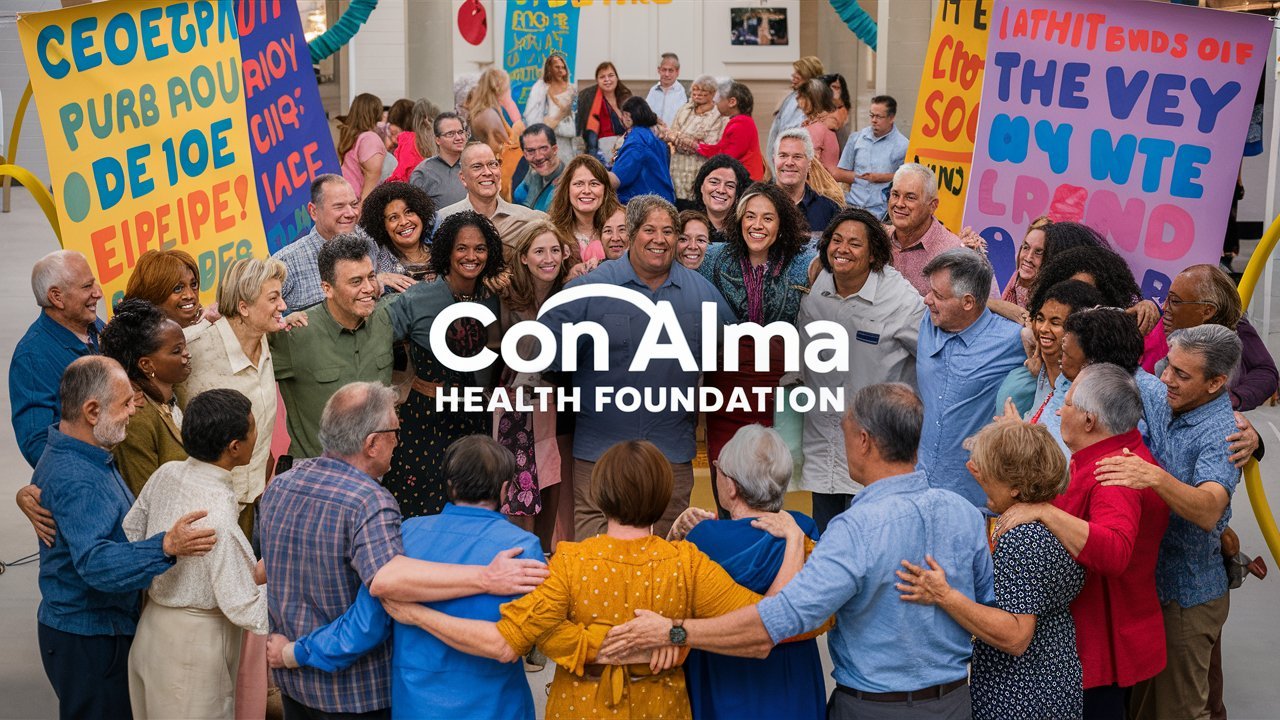Local health departments are government agencies responsible for public health at the community level. They operate under the jurisdiction of state and federal laws, providing essential services to protect and improve public health. LHDs can vary in size and scope, depending on the population and resources of their respective regions.

Key Functions of Local Health Departments
- Disease Prevention and Control: LHDs play a pivotal role in monitoring and controlling the spread of infectious diseases. They conduct epidemiological investigations, track disease outbreaks, and implement measures to prevent the spread of illnesses.
- Health Education and Promotion: Educating the public about healthy lifestyles, disease prevention, and health maintenance is a core function of LHDs. They organize health fairs, workshops, and campaigns to raise awareness on various health issues.
- Environmental Health Services: LHDs oversee the enforcement of environmental health regulations, ensuring safe drinking water, proper waste disposal, and controlling environmental hazards that can impact public health.
- Maternal and Child Health Services: These departments provide vital services to mothers and children, including prenatal care, immunizations, and nutrition programs. They also conduct outreach to ensure that vulnerable populations receive necessary healthcare.
- Chronic Disease Management: LHDs work to prevent and manage chronic diseases such as diabetes, heart disease, and cancer. They offer screening programs, educational resources, and support for lifestyle changes.
- Emergency Preparedness and Response: In times of public health emergencies, LHDs are on the front lines. They develop and implement response plans for natural disasters, pandemics, and other emergencies, ensuring community resilience and safety.
Health Tips from Local Health Departments
Local health departments are a valuable resource for practical health advice. Here are some tips they often share with the community:
1. Maintain a Balanced Diet
A healthy diet is fundamental to overall well-being. LHDs recommend:
- Eating a Variety of Foods: Include fruits, vegetables, lean proteins, whole grains, and healthy fats in your diet.
- Limiting Processed Foods: Reduce intake of foods high in sugar, salt, and unhealthy fats.
- Staying Hydrated: Drink plenty of water throughout the day.
2. Stay Active
Physical activity is crucial for maintaining a healthy body and mind. Tips include:
- Regular Exercise: Aim for at least 150 minutes of moderate-intensity exercise each week.
- Incorporate Movement: Take the stairs, walk or bike to work, and engage in activities that keep you moving.
3. Get Vaccinated
Vaccinations are one of the most effective ways to prevent infectious diseases. LHDs emphasize:
- Staying Up-to-Date: Ensure you and your family receive recommended vaccines, including flu shots and COVID-19 vaccinations.
- Understanding Vaccine Schedules: Follow the immunization schedule provided by healthcare providers.
4. Practice Good Hygiene
Good hygiene practices help prevent the spread of diseases. Key tips include:
- Hand Washing: Wash hands thoroughly with soap and water for at least 20 seconds.
- Proper Coughing and Sneezing Etiquette: Cover your mouth and nose with a tissue or your elbow when you cough or sneeze.
5. Prioritize Mental Health
Mental health is as important as physical health. Local health departments advise:
- Seeking Help: If you’re feeling overwhelmed, don’t hesitate to seek professional help from a mental health provider.
- Practicing Self-Care: Engage in activities that reduce stress and promote relaxation, such as meditation, yoga, or hobbies.

6. Avoid Tobacco and Limit Alcohol
Smoking and excessive alcohol consumption are major risk factors for various health conditions. Tips include:
- Quitting Smoking: Utilize resources such as smoking cessation programs offered by LHDs.
- Moderating Alcohol Intake: Follow guidelines for safe alcohol consumption and seek help if needed.
FAQs About Local Health Departments
What Services Do Local Health Departments Provide?
Local health departments offer a wide range of services, including disease prevention, health education, environmental health inspections, maternal and child health programs, chronic disease management, and emergency preparedness.
How Can I Access Services from My Local Health Department?
Services can be accessed by visiting the local health department’s website or office. Many departments also offer online resources and hotlines for information and assistance.
Are Services from Local Health Departments Free?
Many services provided by LHDs are free or offered at a low cost. However, some specialized services may have associated fees. It’s best to check with your local health department for specific details.
How Do Local Health Departments Help During Emergencies?
LHDs are integral to emergency preparedness and response. They develop response plans, coordinate with other agencies, provide public information, and offer medical services during emergencies such as natural disasters, disease outbreaks, and bioterrorism events.
Can Local Health Departments Help with Chronic Disease Management?
Yes, LHDs offer programs and resources to help manage chronic diseases. These may include screenings, educational workshops, support groups, and lifestyle modification programs.
How Do Local Health Departments Conduct Disease Surveillance?
LHDs monitor disease trends through data collection, analysis, and reporting. They use this information to identify outbreaks, track the spread of diseases, and implement control measures.
What Role Do Local Health Departments Play in Environmental Health?
LHDs ensure compliance with environmental health regulations, conduct inspections, and address issues related to water quality, air quality, food safety, and waste management to protect public health.
How Can I Get Involved with My Local Health Department?
Many LHDs offer volunteer opportunities, internships, and community engagement programs. Contact your local health department to learn how you can get involved and support their efforts.
Conclusion
Local health departments are essential pillars of public health, providing a wide range of services to protect and improve community health. From disease prevention and health education to emergency preparedness and chronic disease management, their roles are diverse and crucial.




